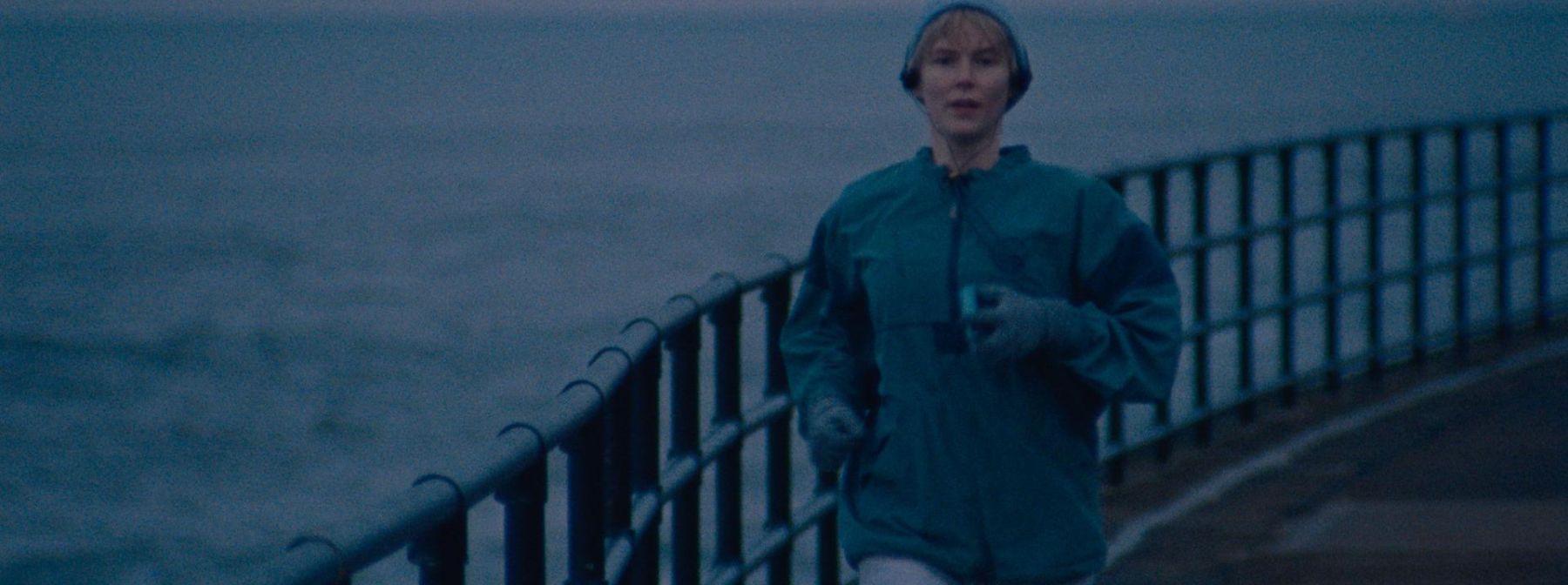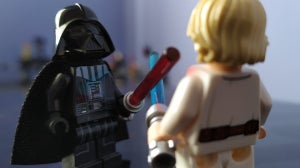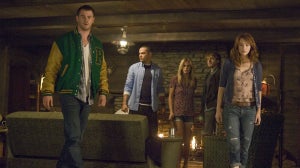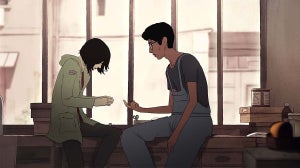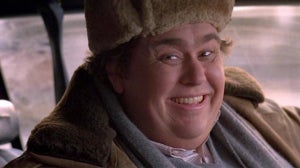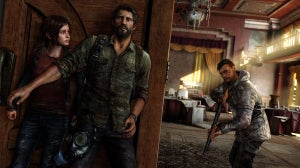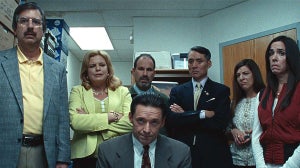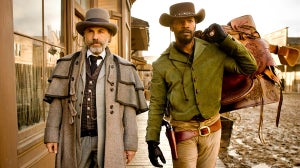
In essence, this law made it illegal to be openly gay within the British education system, with any lessons on LGBTQ lives scrapped from the syllabus – a law that wasn’t overturned until 2003, to little fanfare.
Arriving in cinemas in time for LGBTQ History Month is Blue Jean, which analyses the impact of this law on a Newcastle P.E. teacher just as it comes into effect.
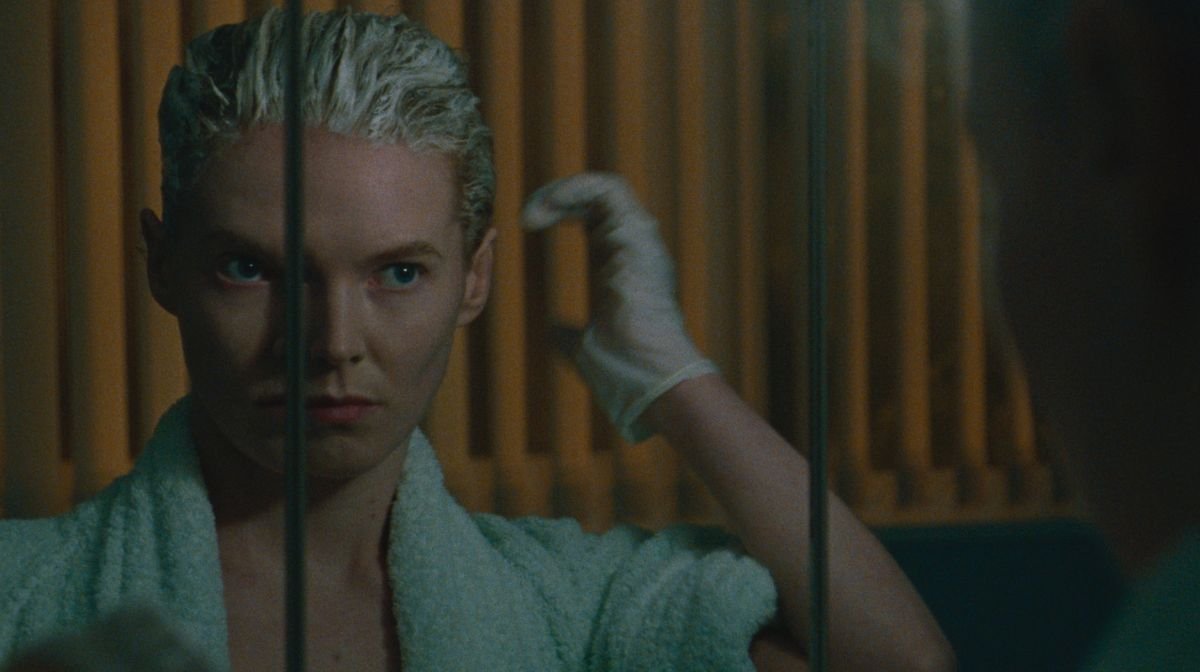
At times playing like a paranoid thriller, we see Jean (Rosy McEwen) struggling to navigate her personal and professional lives, something which comes to a head when visiting a lesbian club with her girlfriend Viv (Kerrie Hayes), where she spots one of her pupils.
Knowing that her secret identity is at risk of being found out, and that she can’t help a student clearly struggling with her own sexuality, leads Jean further into a crisis.
Writer/director Georgia Oakley was born in 1988, meaning the law was still in place during her school years, unbeknownst to her at the time.
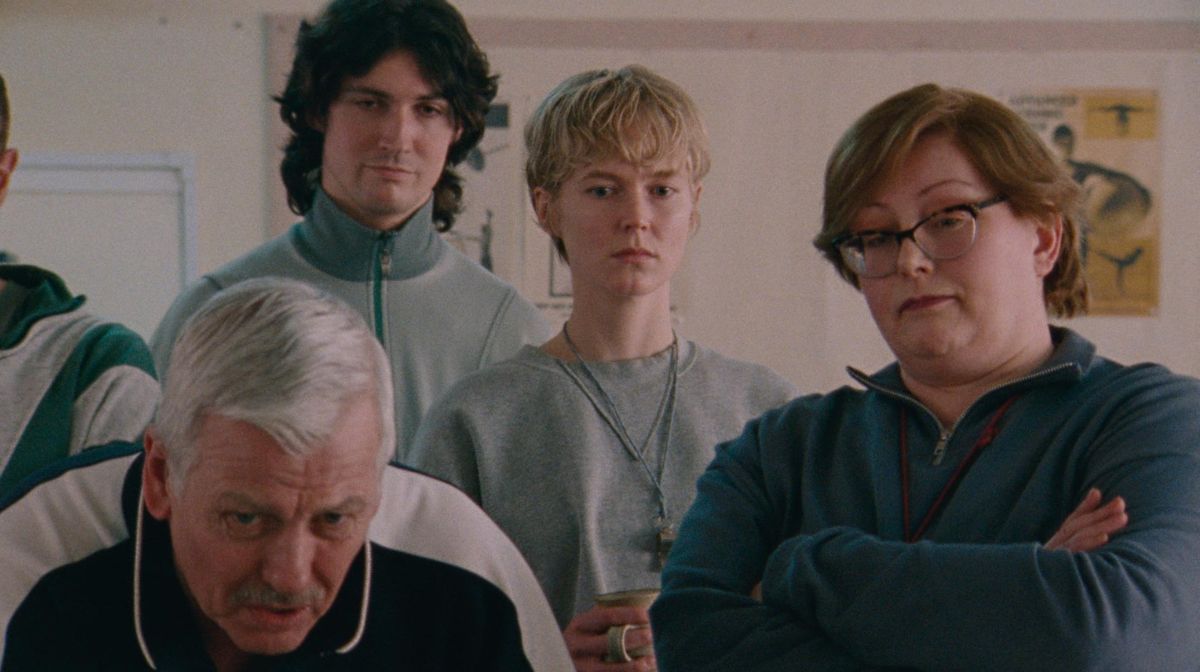
Speaking to Zavvi, she explained that the film originally could have been set at any point during these years, but her four years of exhaustive research prior to shooting showed that it wouldn’t have had the same impact.
“Setting the film early in 1988, leading up to when the law came in, meant that there was more of the heightened paranoia in this environment. Of the people we spoke to, they all described it as this emotionally charged moment, not least because there were all these reactionary movements up and down the country. It’s something everybody who was there remembers – I'm now getting emails from family friends hearing about the film and telling me they were at one of the marches protesting the law!”
The choice to set the film in Newcastle, even though Oakley hails from Oxfordshire, was decided early in the writing process: “We knew it had to be a city in the North or in the Midlands. We spoke to teachers who worked in London and Manchester, the two gay capitals, and their experiences were slightly different to what Jean faced.
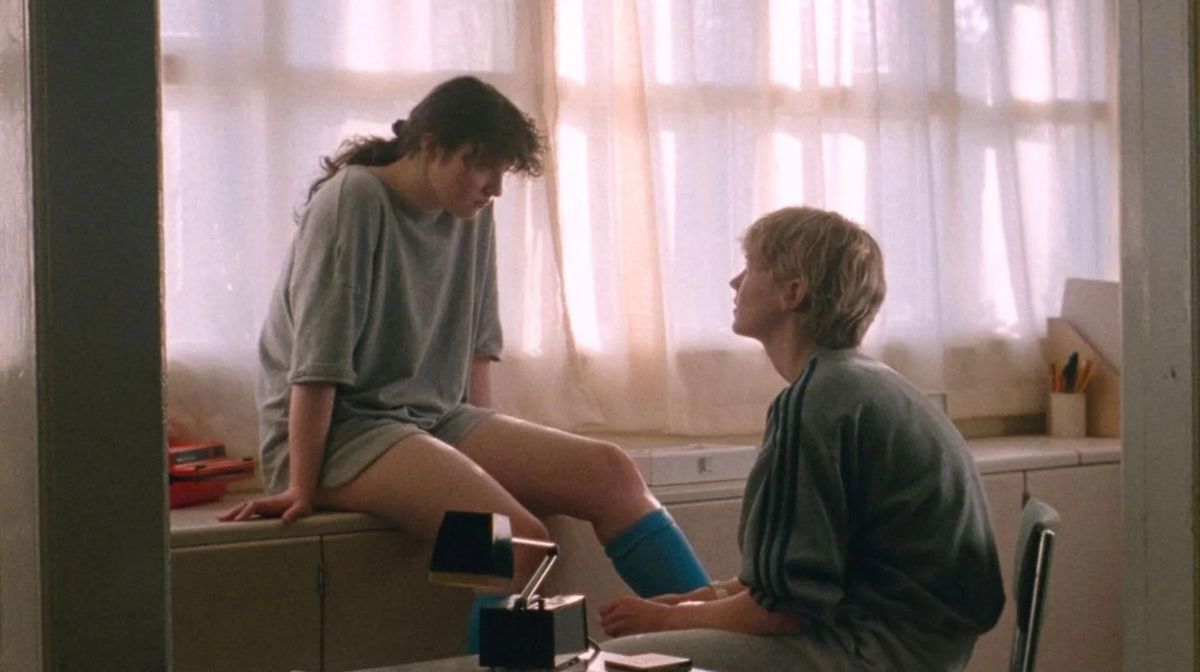
"We chose Newcastle as that’s where I went to university, so I knew the geography and texture of the city, and it gave this idea of a physical branch between this city she chooses to live in and the restrictive nature of where she chooses to work.”
Initially, the film’s narrative was a more streamlined story of a teacher and a student navigating this new world, but Oakley’s big shift came when the character of Viv was introduced to the script. From her interviews with two lesbian P.E teachers working at the time she conducted alongside producer Hélène Sifre, she discovered that their stakes weren’t strictly professional.
As Sifre puts it: “It wasn’t just the fear of getting fired, but how this impacted their relationships. It’s harder to sustain a relationship when you have developed a hatred of such a big part of yourself”.
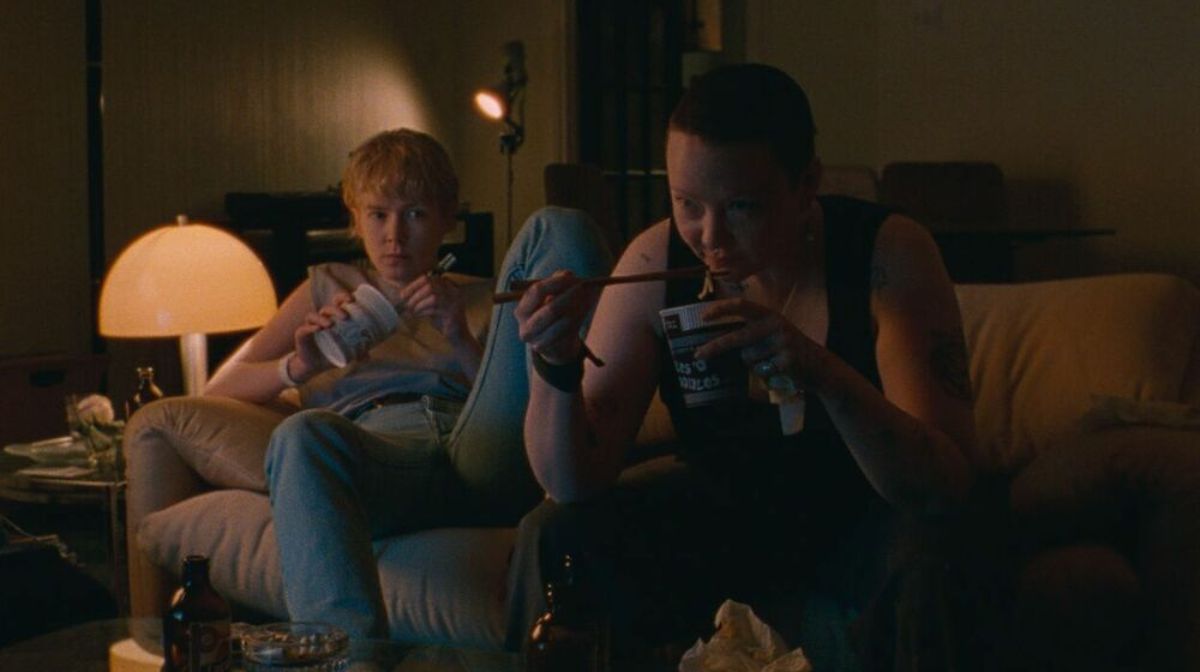
In addition to the teachers, who joined the cast and crew on set throughout shooting, the pair reached out to everybody it was humanly possible to speak to, from the people who started LGBTQ History Month, to the lesbian activists who famously abseiled into the House of Lords in protest. However, Oakley also drew from some of her own personal experiences in drawing out the details, explaining: “I made the conscious decision to focus on the micro aggressions Jean faces in the staff room or with the kids at school.
"I wanted a wider audience to get under the skin of how it feels to be anybody who has even been “othered” for who they are – I was thinking back to many uncomfortable conversations I’ve had in my life with people who claim they’re not homophobic, but just want us to live our lives behind closed doors, away from their children.”
Another inspiration for Blue Jean when Oakly began researching in 2018 were the protests from parents angry that the British curriculum had started teaching kids about “different kinds of families” - an outrage which made national headlines. This may be set in the past, but it has clear parallels to the present, which is what stood out to Rosy McEwen and Kerry Hayes, both of whom were unfamiliar with Section 28 prior to being cast.
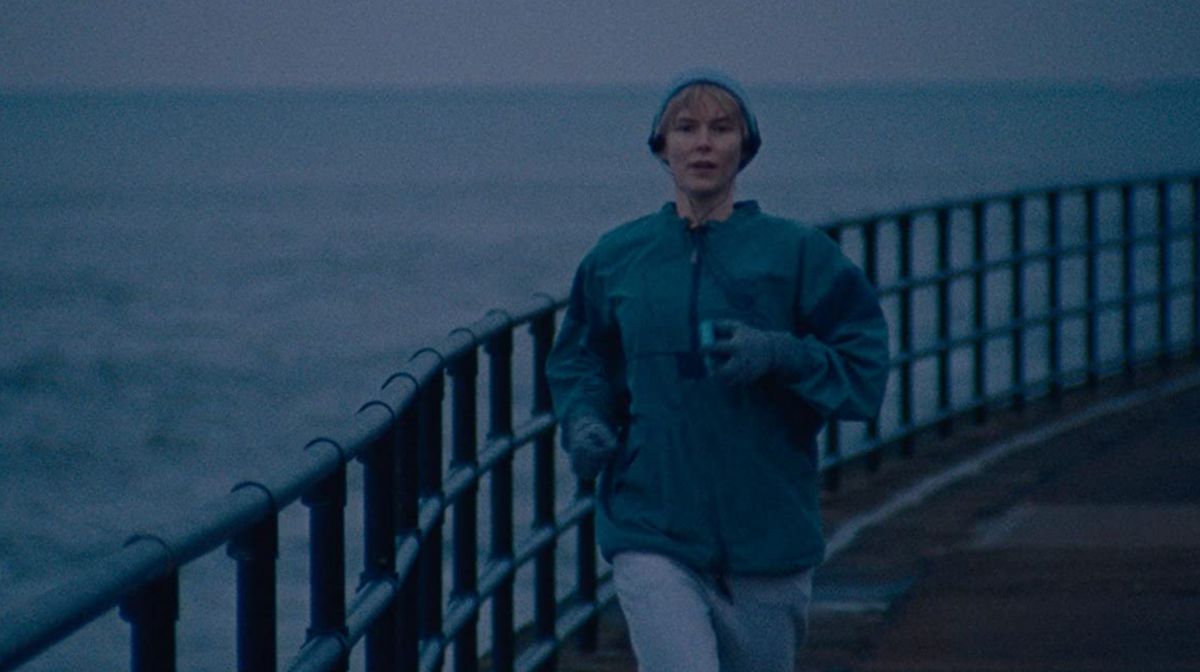
As McEwen explained to Zavvi: “When I got the role and started doing my research, I struggled to find any articles from 2003 about it being abolished. It’s like we got rid of it and swept it immediately under the rug because of how embarrassing it was – but now it’s literally happening again. Just look at Florida and the “Don’t Say Gay bill”, making it illegal for kids to discuss their sexual orientation in school. It’s the same thing.”
For help with her research, McEwen was aided by two of the same teachers who had been helping Oakley from the earliest stages in production. One of them proved helpful in unexpected ways; Professor Catherine Lee, a P.E teacher in the eighties who now works at Anglia Ruskin University in Cambridge, ended up having to tutor the star on how to play netball for a scene (“I’m not good at sports anyway, but it turns out I wasn’t even good at blowing the whistle!”).
But the biggest challenge of all was getting under the skin of Jean, a character who hinds behind a lot of masks by design. As McEwen explained: “I don’t think there are two versions of her; the person she is at home is different to how she is at the club when trying to be the best lesbian, and when she’s with Viv she finds something pure and childlike. And then at school, she’s struggling with all those internal demons that make those fears more extreme, and none of it is her fault – it's the society she’s been born into.”
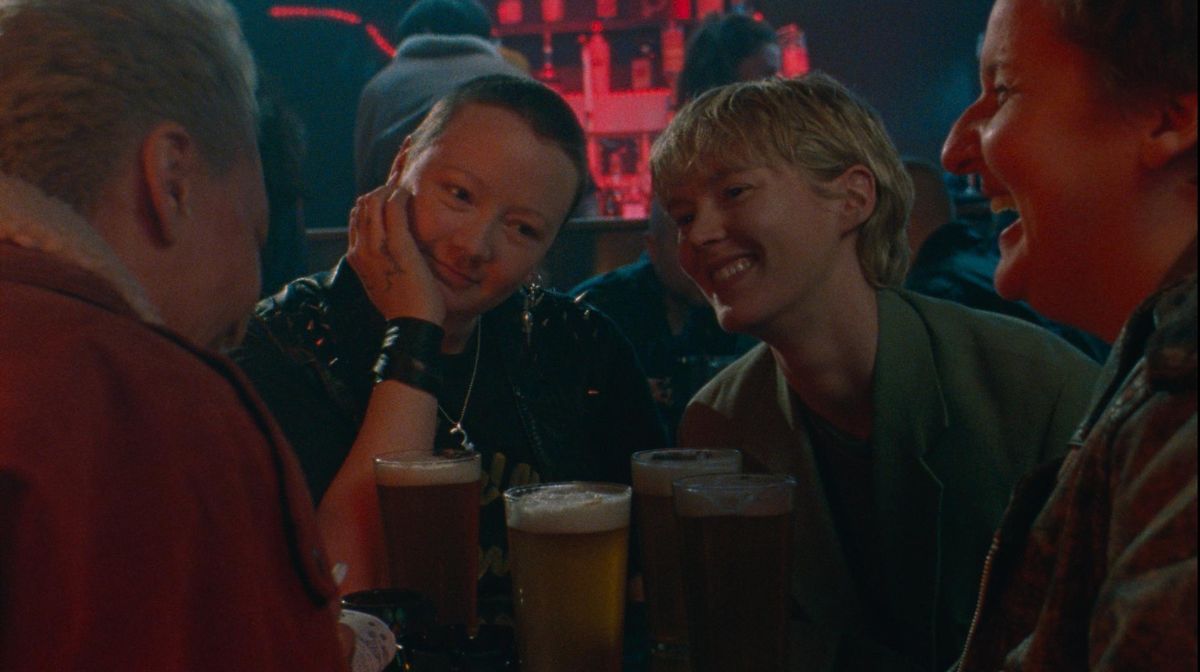
As Jean’s partner Viv, Hayes had a less daunting challenge: her character is exactly who she says she is. However, the actress was still daunted when meeting her co-star for the first time, comparing their first chemistry read to the cheesy eighties TV show both characters watch repeatedly during the movie.
“It was exactly like Blind Date!” she laughed to Zavvi. “Usually, I’m on the other side of a chemistry read, where they’re casting someone to play my love interest, and it becomes daunting when on the other side. Not only are you trying to work on scenes together, in the back of your mind you’re asking yourself “do they fancy me?””
At that inaugural reading, Hayes couldn’t have looked any different to her character in the movie, rocking up with long blonde hair and glittery blue nails. She was initially worried that she’d been miscast, but Oakley assured her she had a plan for her look all along – and soon came the buzz cut.
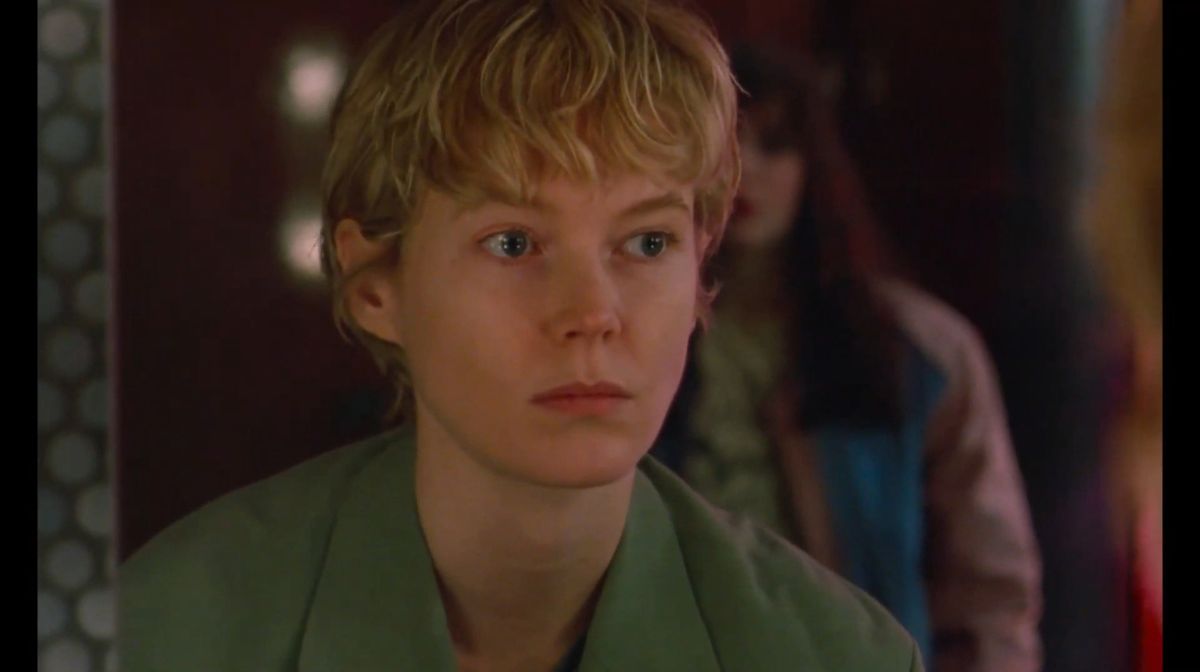
The pride in which the character of Viv takes in her look and appearance is an important contrast to the more reluctant Jean, as the actress explained: “It wasn’t all doom and gloom, as in these communities, you could feel safe and be able to express yourself. People weren’t carbon copies and were celebrated and loved for their differences. It’s just as important that this is shown as much as the sadness of Jean’s life”.
Blue Jean may be an overpowering film at times, especially considering its many eerie parallels to the modern day – but the film is just as impactful in the way it captures queer joy alongside the authoritarian restrictions on the lives of LGBTQ people. It’s a reminder that, even in the darkest times, our continued existence out in the open is the most powerful form of resistance against laws designed to silence us.
Blue Jean is out now in UK and Irish cinemas.
For all things pop culture, follow us on Facebook, Instagram, Twitter, and TikTok.

